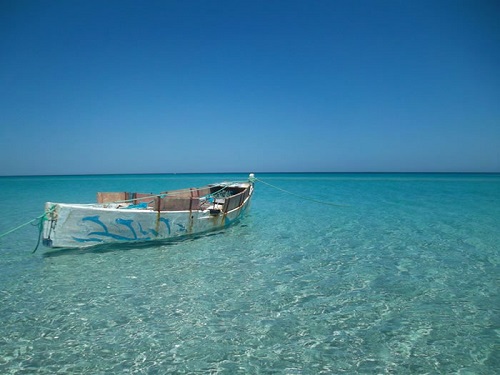Every summer, as the beach season approaches, Tunisian authorities publish a list of beaches closed to swimming. While the term may worry holidaymakers, it mainly raises a legitimate question: why do some beaches become unfit for swimming? And what exactly does this ban mean?
In Tunisia, it is the Ministry of Health, through the National Public Health Observatory and its regional laboratories, that is responsible for assessing the quality of seawater intended for swimming. Every year, between May and September, samples are regularly taken from over 500 monitoring points along the entire Tunisian coastline.
These samples measure the level of microbiological pollution, particularly the concentration of fecal coliforms and intestinal enterococci — two indicators of the presence of fecal matter in the water. When results exceed the tolerated thresholds defined by WHO international standards, the concerned beach is classified as non-compliant.
Why do some beaches become closed?
Beaches closed to swimming are not banned at random. Generally, several factors explain this classification:
- Discharge of untreated or partially treated wastewater, often due to defective or overloaded treatment plants;
- Urban pollution caused by household waste, plastics, or industrial residues flowing into the sea via wadis or drainage canals;
- Lack of monitoring or corrective measures in sensitive areas near densely populated neighborhoods;
- Some beaches are located near ports, industrial zones, or dumpsites, increasing contamination risks.
A preventive classification to protect public health
The swimming ban is not intended to punish swimmers but to protect them from health risks. Swimming in polluted water can cause skin and gastrointestinal infections, or even more serious illnesses, especially for children, the elderly, or immunocompromised individuals.
Thus, the classification of beaches as forbidden to swim is a prevention tool, not merely an administrative measure. It is updated annually following monitoring campaigns conducted in spring and early summer.
Source: webdo




